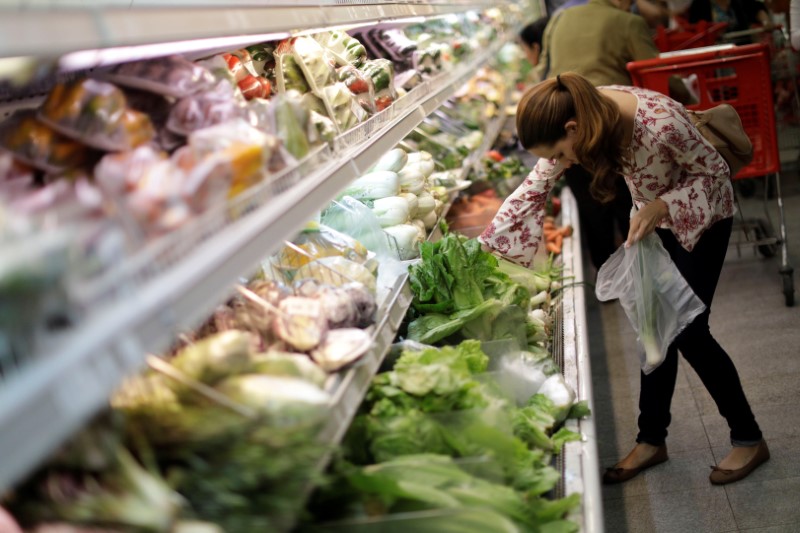CARACAS (Reuters) - Inflation in Venezuela's crisis-hit economy was 536.2 percent in the nine months to September, largely due to the rapid depreciation of the local currency on the black market, the opposition-controlled National Assembly said on Friday.
The government stopped releasing price data more than a year ago, but congress has published its own figures since January and they have been close to private economists' estimates.
As well as the alarming Jan-Sept cumulative rise, the legislative body - which has been sidelined by President Nicolas Maduro's government - put monthly inflation at 36.3 percent for September, compared with 34 percent in August.
Opponents say Maduro and his predecessor, Hugo Chavez, have wrecked a once-prosperous economy with 18 years of state-led socialist policies from nationalizations to currency controls.
The government says it is victim of an "economic war", including speculation and hoarding, by pro-opposition businessmen.
The country's bolivar currency has weakened sharply in recent weeks on the widely-watched black market rate.
On Friday, $1 was worth nearly 27,000 bolivars on the black market, versus 22 when Maduro took power in April 2013 and 18,500 at the start of September this year.
Opposition lawmaker and economist Angel Alvarado said the government's restriction of dollars available via official currency exchange mechanisms had pressured prices in September.
"The government strategy is only making Venezuelans poorer by the day," he said, adding that families were now spending 80 percent of income on food.

Prices in Venezuela, which has long had one of the highest inflation rates in the world, rose 180.9 percent in 2015 and 274 percent in 2016, according to official figures, although many economists believe the real data was worse.